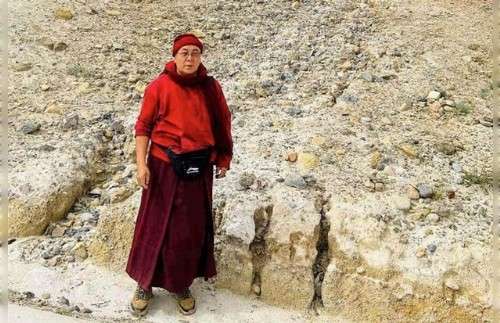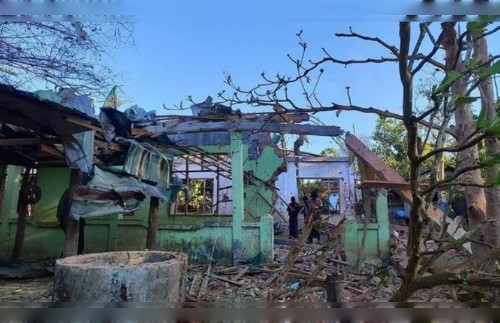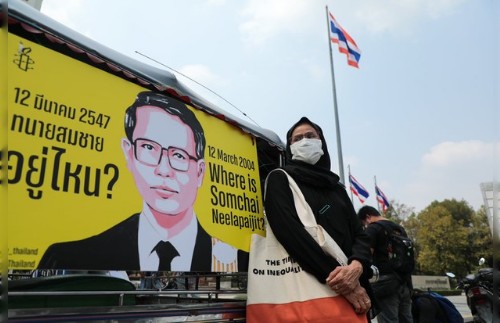Abdur Rahman and Sharif Khiam/Cox’s Bazar, Bangladesh, and Dhaka
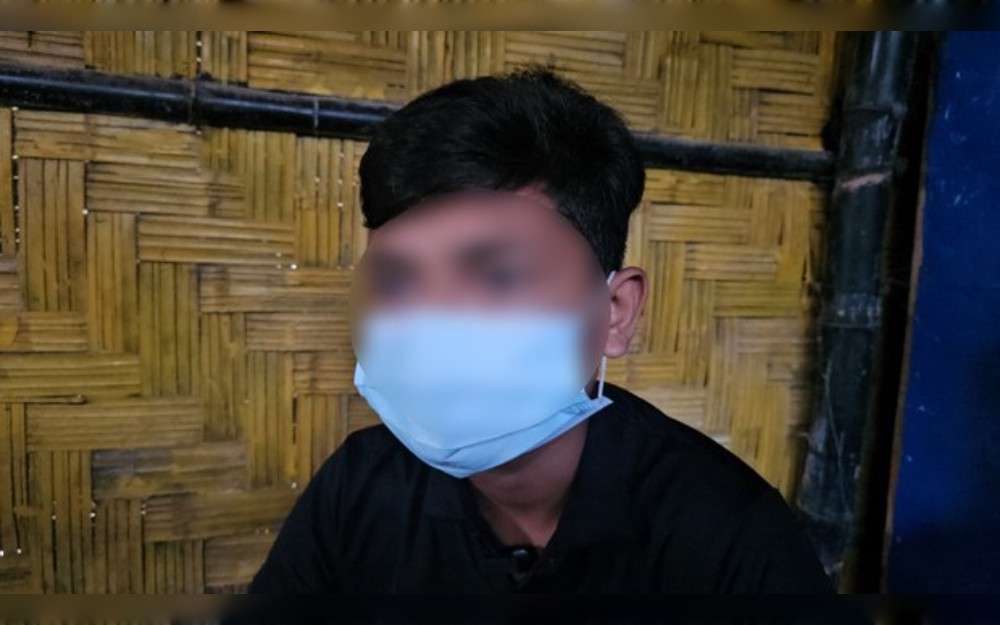
The 16-year-old Rohingya boy said he was kidnapped from southeastern Bangladesh and forced to fight in Myanmar’s civil war – a story shared by others who were able to return to Cox’s Bazar, where they face additional terror in the refugee camps.
The boy, who like other Rohingya in this report are not identified because of concerns for their safety, said he was one of about 80 Rohingya who were abducted from their camp and forced to cross the nearby border into Myanmar.
“We were blindfolded and led to a boat. I don’t know where exactly they (the kidnappers) delivered us in Myanmar, but it was a military base,” he told BenarNews.
“They (the junta) posted pictures of us with firearms online. They didn’t give us ammunition but put us on the front lines” he said, adding that he and other Rohingya were not trained to fight.
In September and October, BenarNews spoke to several Rohingya who had returned from Myanmar, where the Arakan Army and other insurgents have been fighting Burmese junta-aligned forces to gain control of Rakhine state.
About 740,000 Rohingya fled Rakhine and settled in Bangladesh refugee camps in the months that followed a brutal military crackdown in 2017. Both the insurgents and the junta have kidnapped and forced Rohingya into battle.
In September and October, BenarNews spoke to several Rohingya who had returned from Myanmar, where the Arakan Army and other insurgents have been fighting Burmese junta-aligned forces to gain control of Rakhine state.
About 740,000 Rohingya fled Rakhine and settled in Bangladesh refugee camps in the months that followed a brutal military crackdown in 2017. Both the insurgents and the junta have kidnapped and forced Rohingya into battle.
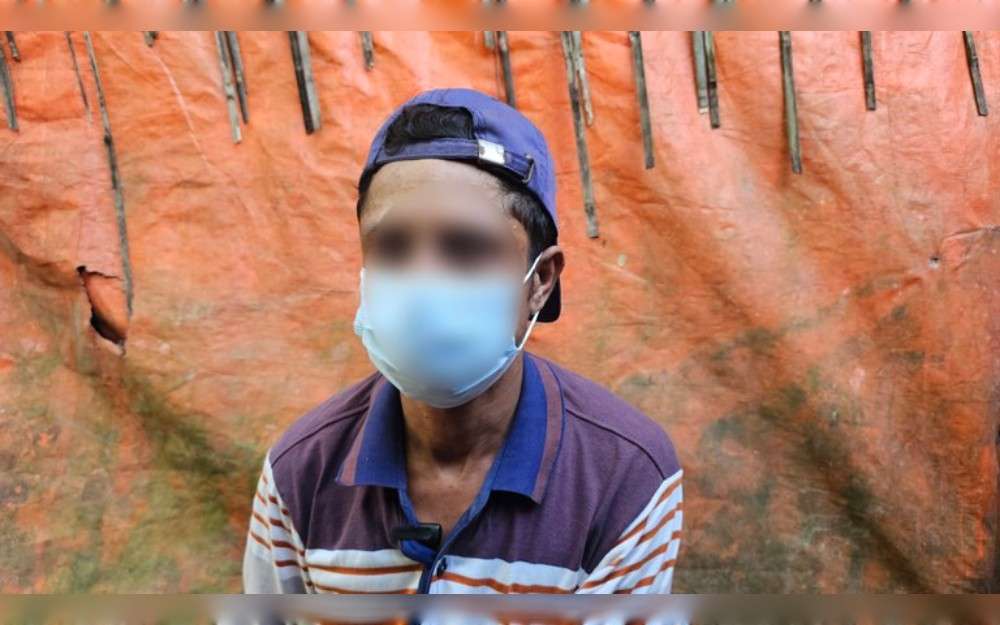
“(The Arakan Army) said you will be trained and receive 10,000 taka (U.S. $83) monthly. All you have to do is kill the army,” a 25-year-old Rohingya returnee told BenarNews.
“The firearms didn’t work. If you pull the trigger five times, it will fire twice. We discarded guns jammed with bullets. But it was risky to dispose of these firearms – even if you appear unarmed, the attacker will kill you,” he said.
The man said he saw about a dozen Rohingya die in battle.
“After four months, I wanted to return. Then they didn’t let me go. When I tried to escape, they locked me up,” he said.
Recounting his time in Myanmar, the 25-year-old said members of the Arakan Army forced him and others to burn down a Rohingya neighborhood.
“There, they seized all of our guns. Then, when army drones attacked, we had a chance to run,” he said.
The man said he and seven others stayed at a house overnight where they were fed before paying 12,000 taka ($100) each to charter a boat to return to Bangladesh.
Some fought for six months
BenarNews interviewed Rohingya who fought in Myanmar and returned to the Kutupalong-Balukhali Mega Camp in Ukhia, the world’s largest refugee camp. Some said they were able to escape after a month while others said they were trapped for six months.
The Rohingya said they had been kidnapped from refugee camps by men who claimed they were members of the Rohingya Solidarity Organization (RSO), an armed group. After they returned, the Rohingya said they were beaten by RSO members who threatened to kill them.
Md. Zahirul Haque Bhuiyan, an assistant superintendent of police near the camps, said sources were providing information about Rohingya leaving Bangladesh and returning after fighting in Myanmar.
“We have this information. However, there is no particular complaint. If we receive any complaints, we will address them legally and take proper action,” Zahirul said.
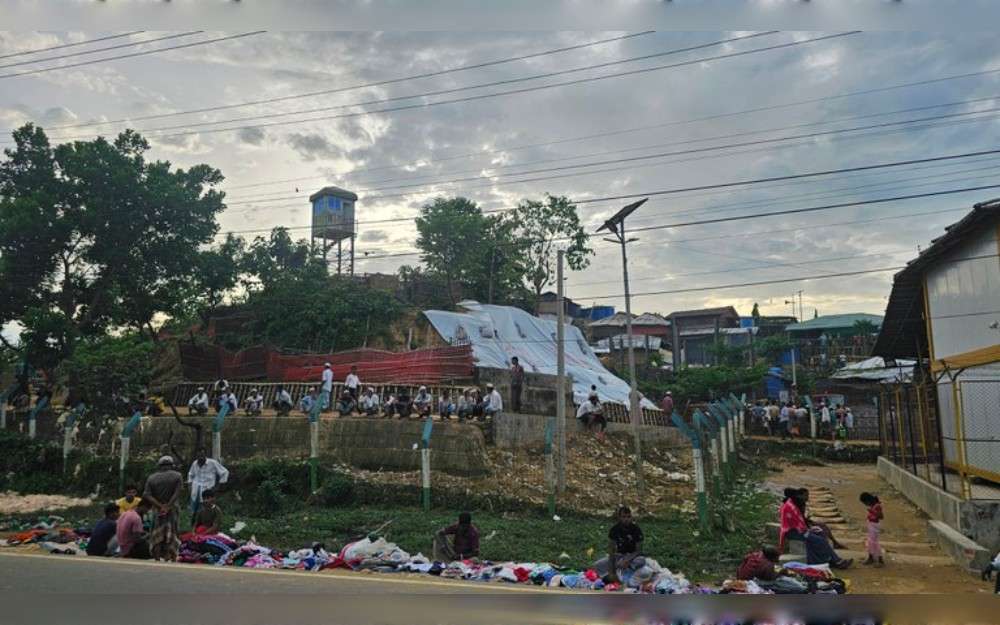
“Every few days, we carry out joint operations,” he said.
When militants with the Arakan Rohingya Salvation Army (ARSA) and RSO are operating within the camps, “we execute raids, arrest them, prosecute them and acquire their weapons,” he said.
A human rights activist, meanwhile, called on fellow Bangladeshis to treat the Rohingya fairly.
Activist Nur Khan Liton, a lawyer, said people should remember that Rohingya fled to the camps in and around Cox’s Bazar because they feared for their lives in Myanmar.
“And those who attempt to use these individuals against their will are committing a serious moral crime,” he said.
People returning from the conflict are being hunted down by RSO and ARSA, Liton said, referring to the RSO and ARSA.
“They are committing increasingly severe crimes and putting our country’s security in jeopardy.”
He also called on the Bangladesh government to take positive action regarding the Rohingya.
“The government and many people in our country know that Rohingya are being forcibly taken – this news has been in the media several times. Regretfully, the government hasn’t taken sufficient steps in this field,” Liton said.
Some were willing to fight
While most Rohingya who spoke to BenarNews told of being forced to fight, not all who went to Myanmar were abducted.
“We weren’t forced to go. We willingly went to battle for the nation,” a 42-year-old Rohingya told BenarNews. “We went after hearing such a request from the Myanmar government.”
He said some volunteers were in their 50s while others were in their 30s or 40s.
“Those firearms are vintage Myanmar-made G3 guns. All are old scraps, utterly useless due to abandonment,” he said.
“The Myanmar government didn’t take us to fight. They used us as (human) shields – they have misled the world and fooled the Rohingya.”
Mohammed Jubair, leader of the Arakan Rohingya Society for Peace and Human Rights (ARSPH), said both sides were trying to get rid of the Rohingya.
“Let the Rohingya be wiped out anyway. What will the world hear? They fought, they died fighting on both sides,” Jubair told BenarNews.
Copyright ©2015-2024, BenarNews. Used with the permission of BenarNews.






